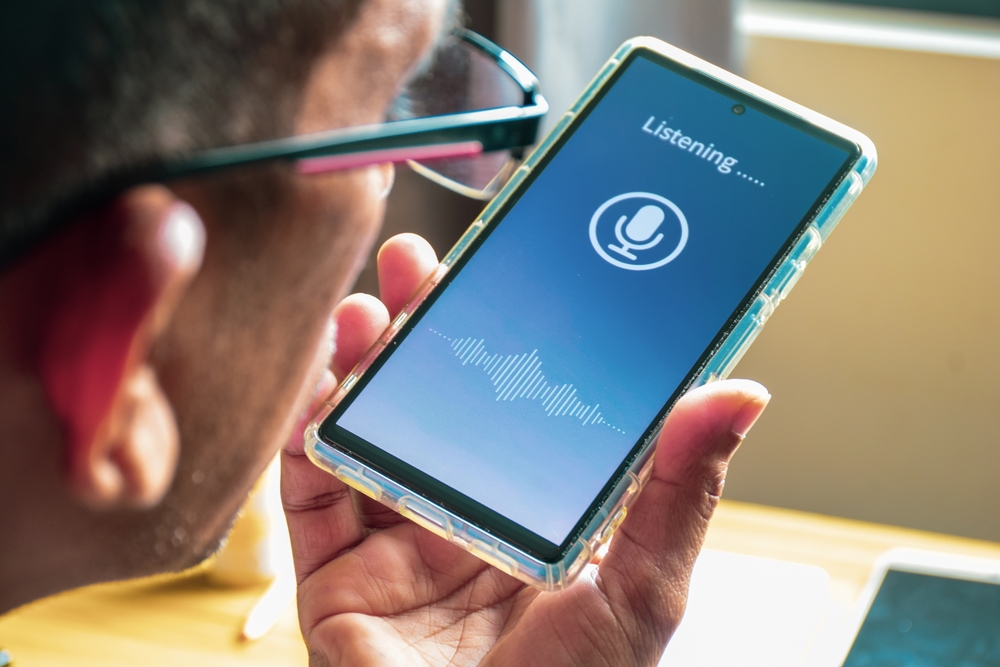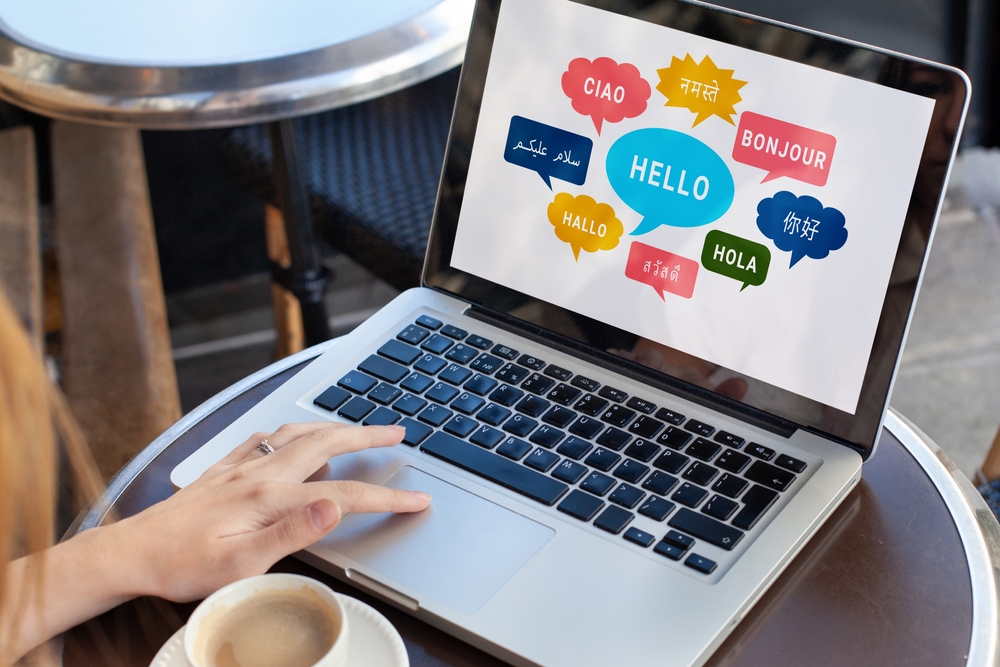This Post Could Contain Affiliate Links. This means I could Get Paid if You Purchase or Subscribe to a Service Through My Link at No Extra Charges to you.
Language barriers present significant challenges for travelers, often impeding communication and cultural understanding. However, overcoming these obstacles can greatly enhance the travel experience, leading to more authentic interactions and deeper cultural insights.
Preparation Before Your Trip
Effective preparation is crucial for managing language differences:

- Learn basic phrases: Familiarize yourself with essential expressions such as greetings, thank you, please, and requests for directions or assistance.
- Research cultural norms: Understand local customs, gestures, and etiquette to avoid unintentional offense and facilitate smoother interactions.
- Download language applications: Equip your mobile device with translation apps and offline language packs for your destination.
Read: The Biggest Safety Mistakes People Make When Traveling Solo
Essential Communication Tools
Utilize these resources to bridge language gaps:
- Translation applications: Tools like Google Translate or iTranslate offer text, speech, and image translation capabilities.
- Physical phrasebooks and dictionaries: These serve as reliable backups when electronic devices are unavailable or impractical.
- Visual aids: Picture books or icon-based communication tools can effectively convey messages without verbal language.
Non-Verbal Communication Techniques
When verbal communication is challenging, employ these methods:
- Body language and gestures: Use universally understood motions to convey basic ideas. Exercise caution, as some gestures may have different meanings across cultures.
- Facial expressions: Utilize smiles, frowns, and other expressions to communicate emotions and basic concepts.
- Writing and drawing: Employ written words, numbers, or simple sketches to convey information when spoken language fails.
Using Technology to Your Advantage
Leverage technological advancements for more effective communication:

- Real-time translation devices: These tools can facilitate near-instantaneous verbal translation in multiple languages.
- Language learning applications: Platforms such as Duolingo or Babbel offer structured lessons to build vocabulary and basic grammar skills.
- AI-powered assistants: These can provide language practice, answer queries, and offer cultural information.
Read: News Report: Travel Chaos for American Airlines Passengers at Philadelphia International Airport
Strategies for Specific Situations
Certain scenarios require specific approaches to overcome language barriers:
- Ordering food:
- Use menu translation apps or picture menus when available.
- Learn key food-related terms in the local language.
- Point to items on other diners’ tables or in display cases.
- Asking for directions:
- Show a map and point to your destination.
- Learn directional terms (left, right, straight) in the local language.
- Use landmarks or notable buildings as reference points.
- Shopping and bargaining:
- Learn numbers and basic negotiation phrases.
- Use a calculator to display prices during negotiations.
- Employ non-verbal cues to express interest or disinterest.
- Dealing with emergencies:
- Carry emergency phrases and important medical information in the local language.
- Know the local emergency numbers.
- Use translation apps or seek immediate assistance from bilingual individuals.
Engaging with Locals
Interacting with local residents can significantly enhance language skills and cultural understanding:
- Finding English-speaking locals:
- Visit areas frequented by expatriates or international students.
- Use language exchange apps or websites to connect with locals interested in practicing English.
- Language exchange meetups:
- Attend organized language exchange events in your destination.
- Offer to teach your native language in exchange for learning the local language.
- Using simple words and speaking slowly:
- Employ basic vocabulary and avoid complex sentence structures.
- Speak at a measured pace to aid comprehension.
Overcoming Cultural Differences
Cultural awareness is crucial for effective communication:
- Understanding cultural context:
- Research common cultural practices and communication styles of your destination.
- Be aware that directness and politeness may be expressed differently across cultures.
- Avoiding offensive gestures or phrases:
- Learn about potentially offensive gestures or topics in the local culture.
- When in doubt, observe local behavior and mirror respectful interactions.
- Showing respect for local customs:
- Adhere to local dress codes and behavioral norms.
- Express gratitude and appreciation for cultural insights shared by locals.
Handling Misunderstandings
Misunderstandings are common when navigating language barriers. Manage them effectively:
- Staying calm and patient:
- Maintain a composed demeanor to facilitate clearer communication.
- Allow extra time for interactions to reduce stress.
- Rephrasing and using simpler terms:
- If not understood, rephrase your statement using different words.
- Break down complex ideas into simpler components.
- Seeking help from others:
- Look for bilingual individuals who can assist with translation.
- Use technology or visual aids to clarify your message.
Language Learning on the Go
Continuous learning during your travels can significantly improve language skills:

- Immersion techniques:
- Engage in daily activities that require using the local language.
- Listen to local radio or watch local television to enhance comprehension.
- Practicing with locals:
- Initiate conversations with service staff, shopkeepers, or fellow travelers.
- Request feedback on your pronunciation and usage from native speakers.
- Learning from mistakes:
- View errors as learning opportunities rather than embarrassments.
- Keep a journal of new words or phrases learned through misunderstandings.
Tools for Specific Types of Travelers
Different travel purposes require tailored approaches to language barriers:
- Business travelers:
- Utilize professional translation services for important documents and meetings.
- Invest in high-quality, real-time translation earbuds for seamless communication.
- Learn industry-specific terminology in the local language.
- Solo travelers:
- Prioritize safety by learning phrases to call for help or assistance.
- Use language exchange apps to connect with locals for both language practice and companionship.
- Carry a well-equipped smartphone with various translation and navigation apps.
- Family travelers:
- Engage children in learning basic phrases, turning it into a fun family activity.
- Use picture books or flashcards to help younger children communicate.
- Consider hiring a local guide for important outings to ensure clear communication.
Read: The Biggest Health Risks to Avoid When Traveling to Tropical Destinations
When All Else Fails
In situations where communication seems impossible, consider these options:
- International helplines:
- Many countries offer tourist helplines with multilingual operators.
- Research and save these numbers before your trip.
- Embassies and consulates:
- Contact your country’s embassy or consulate for assistance in severe communication breakdowns.
- They can provide translator services or direct you to appropriate resources.
- Professional translation services:
- For critical situations, consider hiring a professional translator.
- Many services offer on-demand phone or video translation.
Benefits of Embracing Language Challenges
Confronting and overcoming language barriers offers numerous advantages:
- Personal growth:
- Enhances problem-solving skills and adaptability.
- Boosts confidence in navigating unfamiliar situations.
- Improves cognitive flexibility and mental agility.
- Cultural appreciation:
- Deepens understanding of local customs and ways of thinking.
- Fosters empathy and respect for different cultures.
- Provides insights into the nuances of communication beyond words.
- Memorable experiences:
- Creates unique stories and adventures to share.
- Leads to unexpected friendships and connections.
- Transforms potential frustrations into rewarding challenges.
Embracing language barriers as part of the travel experience can significantly enrich your journey. These challenges push you out of your comfort zone, leading to personal development and a more profound appreciation of global diversity. The process of overcoming these obstacles often results in some of the most authentic and memorable moments of your travels.
Remember, every attempt to bridge a language gap is a step towards better global understanding. Whether you’re fumbling through a basic conversation or successfully navigating a complex interaction, each experience contributes to your growth as a traveler and as a global citizen.









